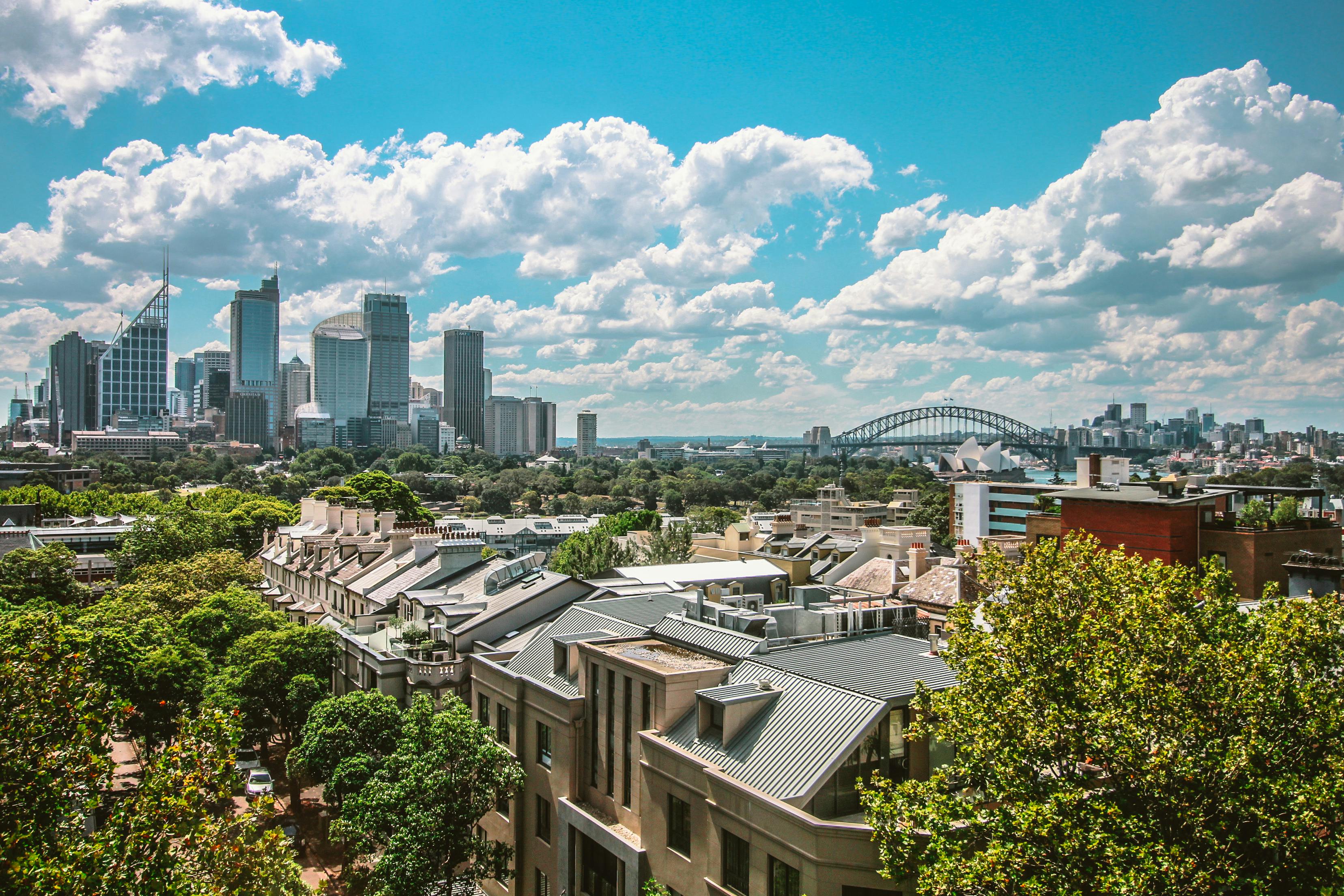Confidential Reserve Bank (RBA) analysis obtained by a Freedom of Information (FOI) request found house prices could rise by 30% over the next three years.
The meteoric price rises would be driven confidence in borrowers that the cash rate would remain at its record low 0.1% level over that time.
RBA Governor Phillip Lowe has stated the cash rate would remain at that level for at least the next three years, as economic recovery from COVID would be uneven and protracted.
Buying a home or looking to refinance? The table below features home loans with some of the lowest interest rates on the market for owner occupiers.
| Lender | Home Loan | Interest Rate | Comparison Rate* | Monthly Repayment | Repayment type | Rate Type | Offset | Redraw | Ongoing Fees | Upfront Fees | Max LVR | Lump Sum Repayment | Extra Repayments | Split Loan Option | Tags | Features | Link | Compare | Promoted Product | Disclosure |
|---|---|---|---|---|---|---|---|---|---|---|---|---|---|---|---|---|---|---|---|---|
5.54% p.a. | 5.58% p.a. | $2,852 | Principal & Interest | Variable | $0 | $530 | 90% |
| Promoted | Disclosure | ||||||||||
5.49% p.a. | 5.40% p.a. | $2,836 | Principal & Interest | Variable | $0 | $0 | 80% |
| Promoted | Disclosure | ||||||||||
5.64% p.a. | 5.89% p.a. | $2,883 | Principal & Interest | Variable | $250 | $250 | 60% |
| Promoted | Disclosure | ||||||||||
5.64% p.a. | 5.89% p.a. | $2,883 | Principal & Interest | Variable | $248 | $350 | 60% |
| Disclosure |
Should the low interest rate be a temporary measure, and the rate was hiked by one percentage point, house prices would rise by 10% over the three years.
The RBA noted the effect of the low cash rate was seen mostly in areas where investor activity and debt was high.
"Monetary policy appears to have larger effects in local areas in which housing supply constraints are binding, mortgage debt is higher and there are more housing investors," the report said.
"Currently, much of the credit growth is coming from owner-occupiers."
The RBA found high unemployment was the biggest risk to the economy and lower interest rates could help reduce this risk.
It said as house prices increase, more borrowers would be buying near the price peak, which meant more of the loan book was likely to be in negative equity.
Australia's financial regulators would monitor the risks to the housing market, and the Council of Financial Regulators would step in if needed.
"Since 2015, lending standards tightened substantially for both housing and commercial property," the RBA noted.
"APRA (Australian Prudential Regulation Authority) and ASIC (Australian Securities and Investments Commission) have both taken steps to reinforce sound lending for residential mortgages in particular."
House prices have turned a corner recently, rising for three straight months, according to data from CoreLogic, and rose 3.0% in 2020.
Older people hurt by low rates
The RBA noted older generations were significantly worse off thanks to low interest rates compared to their younger counterparts.
With savings account and term deposit rates at dismal levels, older households who rely on interest income will suffer.
Households with someone aged 65 and over earned more than 20% of their income directly from interest, while for people aged 75-79, interest income was 10% of their gross regular income.
"Households reliant on interest income are now required to draw down more of their savings than in the past to maintain the same cash flows," the RBA noted.
However, self-funded retirees and those who owned property would be helped by rising asset prices, as housing accounts for around half of the wealth of households 65 years and older.
Photo by Michael Amadeus on Unsplash

Ready, Set, Buy!
Learn everything you need to know about buying property – from choosing the right property and home loan, to the purchasing process, tips to save money and more!
With bonus Q&A sheet and Crossword!







 Denise Raward
Denise Raward
 Harry O'Sullivan
Harry O'Sullivan
 Bea Garcia
Bea Garcia
 Jacob Cocciolone
Jacob Cocciolone
 Rachel Horan
Rachel Horan

